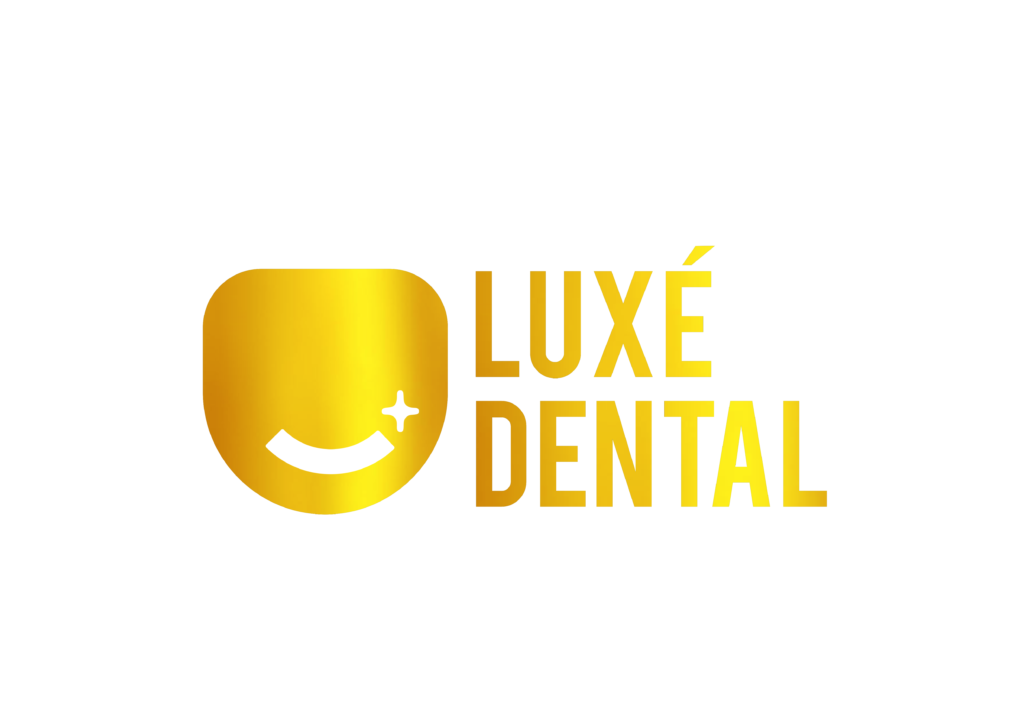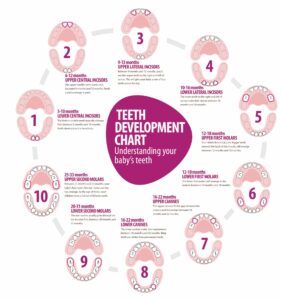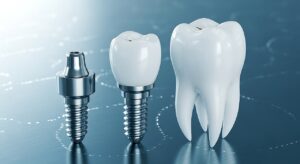Dental development is a nuanced process spanning from infancy through adolescence. Both primary and permanent teeth follow a specific timeline for eruption, yet variations exist among individuals. Some may experience delayed tooth development, influenced by various factors. Let’s explore these potential causes and their impact on oral health.
Delayed tooth development occurs when primary or permanent teeth erupt beyond the typical age range. This delay can affect both primary (baby) and permanent teeth. Dental development progresses through stages, and deviations in timing can lead to delayed eruption.
Stages of Dental Development:
Primary Dentition: Baby teeth typically emerge between 6 months and 3 years of age. By age 3, most children should have a full set of primary teeth.
Mixed Dentition: This phase occurs when children have a combination of primary and permanent teeth, typically starting around age 6 and continuing into the late teens or early twenties.
Permanent Dentition: The final stage involves the eruption of all permanent teeth, including wisdom teeth. This process generally concludes by age 25, although wisdom teeth may continue to emerge until the late twenties or early thirties.
Potential Causes of Delayed Tooth Development
Several factors can contribute to delayed dental development, necessitating identification for appropriate intervention:
Genetics
Family history plays a significant role. Children with relatives experiencing delayed tooth eruption are more likely to follow suit. Genetic factors influence jaw size and shape, affecting tooth eruption.
Premature Loss of Baby Teeth
Early loss of primary teeth due to injury or decay disrupts the natural eruption sequence, delaying the emergence of permanent teeth.
Medical Conditions
Various health issues can impact dental development:
Hypothyroidism: Underactive thyroid glands can delay tooth eruption.
Celiac Disease: Malabsorption of nutrients in celiac disease can affect dental development.
Ectodermal Dysplasia: This genetic disorder affects teeth, hair, and sweat glands, leading to delayed eruption.
Nutritional Deficiencies
Inadequate intake of essential nutrients, particularly calcium and vitamin D, can hinder tooth and bone development.
Hormonal Imbalances
Delayed tooth development can occur due to various factors, including disruptions in hormone levels during puberty or as a result of endocrine disorders. Hormones play a crucial role in regulating the growth and eruption of teeth. When these levels are disrupted, it can affect the timing and sequence of tooth eruption, leading to delays. Understanding the connection between hormone imbalances and delayed tooth development is essential for proper diagnosis and treatment of dental issues in children and adults alike.
Dental Crowding
Insufficient space in the jaw can impede teeth from erupting properly, causing delays.
Impact of Delayed Tooth Development
Delayed dental development can have far-reaching consequences, including:
Misalignment of Teeth: Late-emerging permanent teeth may not align correctly, leading to crooked teeth or bite issues requiring orthodontic treatment.
Chewing and Speech Difficulties: Delayed tooth eruption can impair chewing and speech articulation, affecting nutrition and communication.
Self-Esteem Issues: Individuals with delayed dental development may experience self-esteem challenges due to dental appearance, impacting social interactions and well-being.
Dental Complications: Delayed development increases the risk of dental issues such as cavities and gum disease. Misaligned teeth are harder to clean effectively, raising the risk of decay and gum inflammation.
Seeking Professional Guidance
If you suspect delayed dental development in yourself or your child, consult a dentist or orthodontist promptly. Our specialists at Luxe Dental Clinic can assess your situation, identify causes, and devise a tailored treatment plan. Contact us at +234 904 437 4007 to schedule an appointment with our dental experts.
51b Oba Ladejobi St, Ikeja GRA, Lagos 101233, Lagos
+2349044374007
info@luxedentals.com








